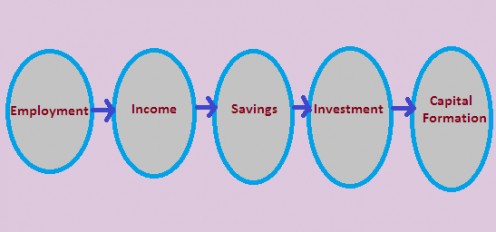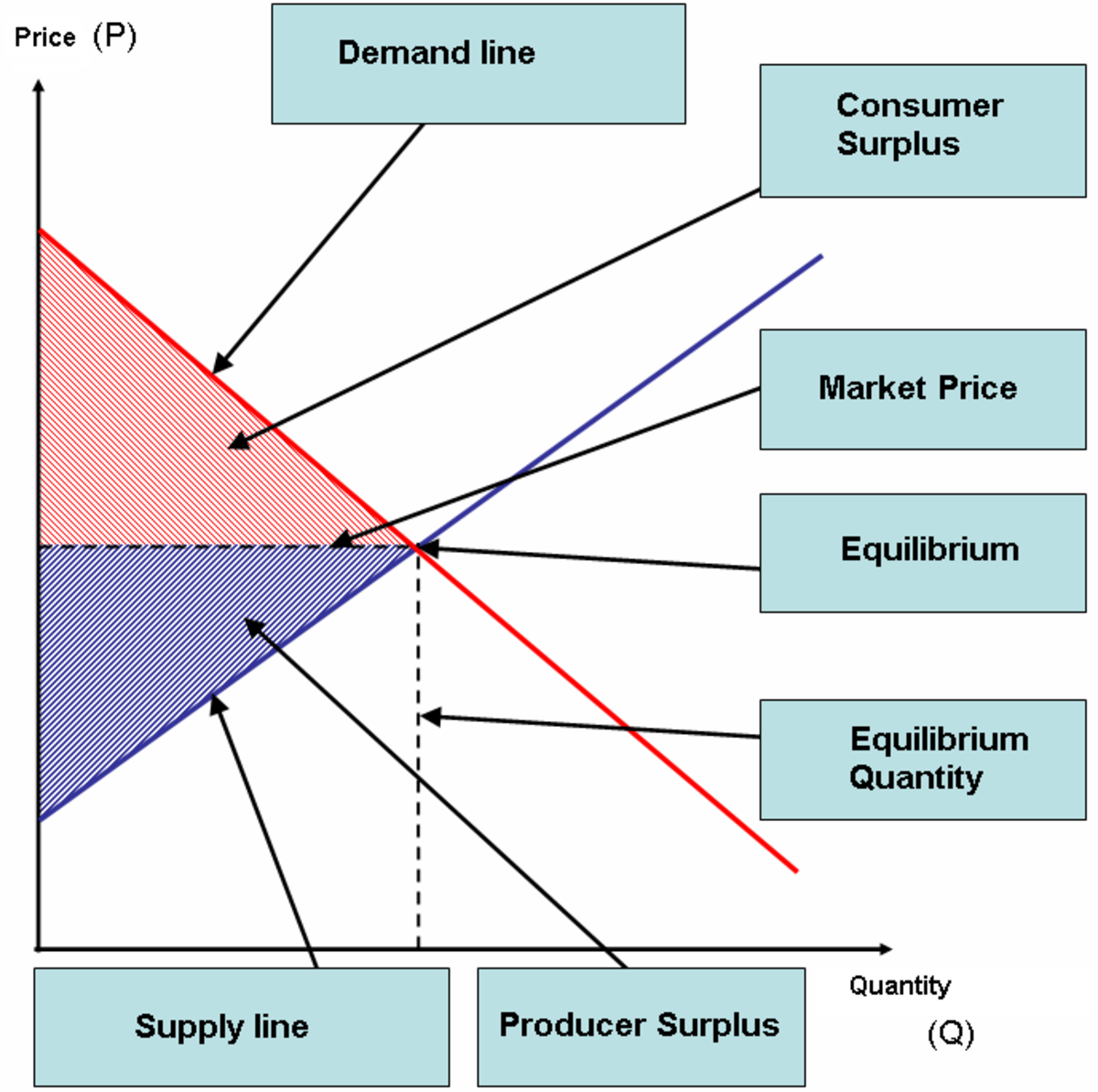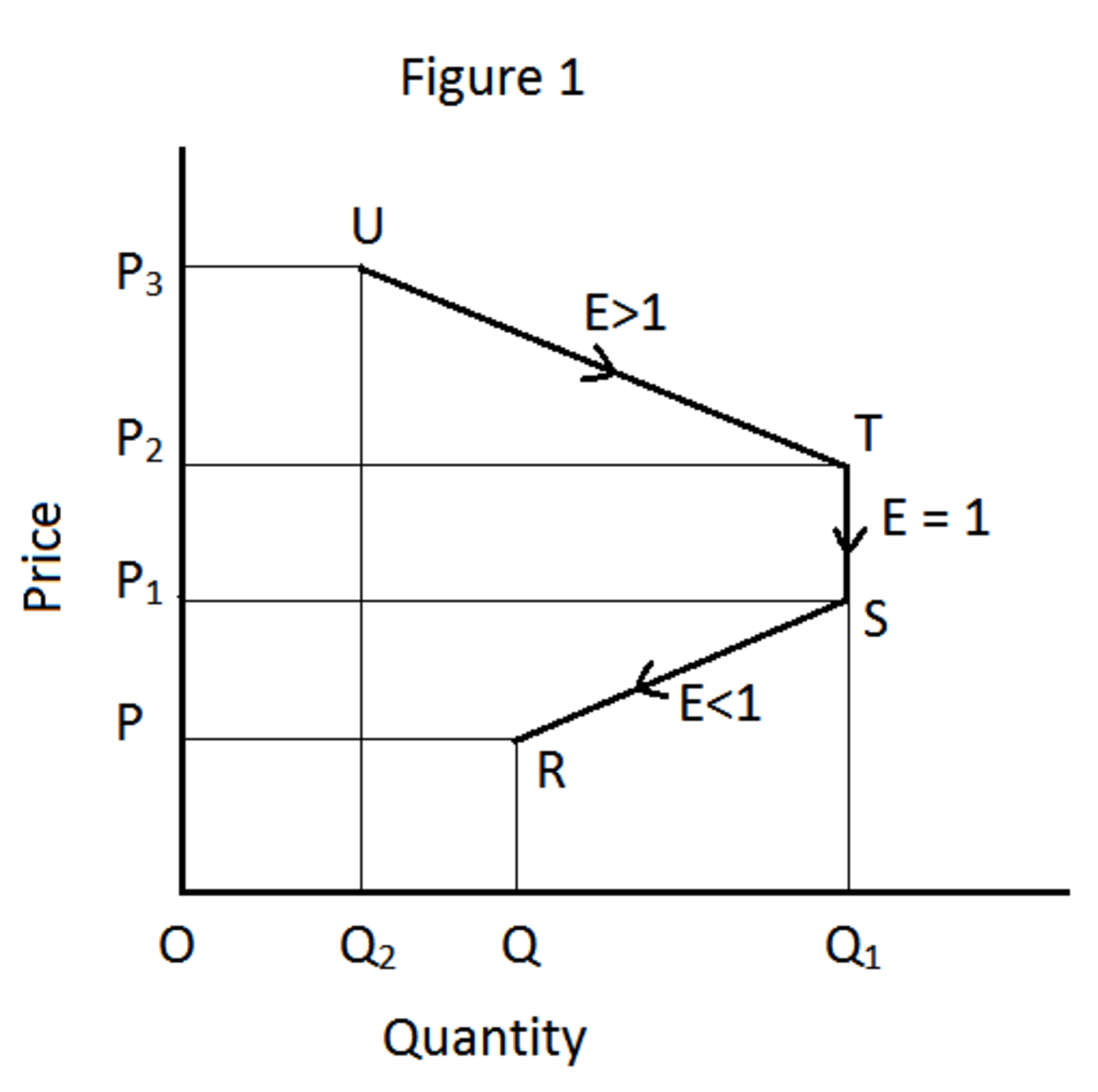Introduction to International Economics and International Trade; Challenges and Opportunities

Introduction
Nowadays, economics became an important area of social science disciplines. It deals with the economical and other aspects of human beings. The scope of economics has increased manifold especially after the globalization. Now the world is becoming like a village. So any small issues become exclusive news for the world politics. Here the international economics playing a very significant role to determine the trend of mutual relations between countries. Simply, international economics is regarded as the discipline which deals with the international level matters of the world.
Major Subject Matters of International Economics
International economics consists of many subjects. Some of the major things connected to international economics are mentioned below.
a) International Trade and International Trade Theories
International trade is the grass root of arising of international economics. It includes trade between countries, exchanges across the globe, movement of human capital etc. International trade is actually the imports and exports of goods and services among countries. International trade has different theories developed by different schools of economics of different periods. Merchentalists were the people who argued for international trade. They saw it as a way for making profits. Then classical economists came with their own ideologies. Adam Smith was a great economist who argued for international trade by promoting a free market mechanism. Smith mentioned the concept of ‘vent for surplus’. Which meaning that the surplus output of a country can be used to help others by exporting it. His trade theory is popularly known as ‘absolute advantage trade theory’. Then another suggestion was made by another great economist, David Ricardo. He was also a classical economist, who promoted international trade with his called ‘theory of comparative advantage cost’. Later many concepts and theories developed by different economists like Heckshser and Ohlin etc.
b) Balance of Payments and Balance of Trade
To keep a proper accounts of imports and exports, each country prepares balance of payments and balance of trade accounts. It is actually the record of the values of all imports and exports. Here the accounting method is double entry book keeping. That is there will be credits or receipts and debits of payments. All exported items are credited and all imported items are debited. Therefore a country can make gain or surplus when its exported value is greater than imported values. In fact, balance of payments and balance of trade accounts are good tool for recording and summarizing of international level exchanges among countries.
c) International Organizations
International organizations are another component of international economics. There are many organizations playing a very crucial role in the international politics as well as economics. World Trade Organization (WTO) is the largest and best example such organization. Its functioning covers throughout the world since almost all the countries are members of it. In today’s world, WTO has trade policies. Therefore, trade organizations are also playing a very significant role in international economics.
There are many subject matters also in the international economics. Some of them include borrowings of countries, investment flows between countries, gifts and grants of countries etc.
Importance and Opportunities of International Trade
International trade is the outcome of international economics. Now its importance cannot be ignored by anyone. It also opens many opportunities before the world. Some of the major points of international trade is explained below.
a) Consumer Welfare
International trade promotes the movement of goods and services. Therefore it encourages competition among producers. Then, the quality of products will ensure along with supplying commodities at lower prices. Further there will be large number of commodities or consumer choices. In fact, international trade encourages the consumers’ welfare.
b) Market Expansion, Employment and Specialization
When international trade occurs, the market size will expand automatically. Since, there will be larger products, each companies will focuses on their own production. So specialization will be encouraged. Employment will be generated through the higher level of production.
c) Increase in Savings, Investments and Capital Formation
When the market size becomes larger, more people will get employment. Employment generates income. Higher the income means rise in savings. Saving will convert in to investment and capital formation. It will again encourage the market scope.

c) Encourages Growth and Development
Achieving growth and development is the dream of any country. International trade opens a great opportunity for developing and underdeveloped economies to grew more through the promotion of employment, income, capital formation, competition etc. International trade helps to increase the production, output and growth. The qualitative benefits of international trade will reduce the distant to achieve development.
d) Investment Flows
International relations also arises inspirit of investment flows. Broadly, the international level investment can be classified in to two. They are
i) Foreign Direct Investment (FDI) and
ii) Foreign Institutional Investment (FII)
Foreign Direct Investment means the investment made by an organization in abroad by establishing its own firms, materials etc. On the other side, Foreign Institutional Investment means the investment made by a person or a group in the securities of a foreign country like shares, bonds etc. Investment flows connected with many other things like trade policies, exchanges rates, economic stability etc.
Some Challenges of International Trade
Similar to the advantages of international trade, there are many other challenges also. Some of them are mentioned below.
a) Sustainability of Environment
Since people become more profit motives, exploitation of environment, natural resources, raw material etc has increased. The displacement for international trade is the depletion of the nature. The recent phenomenon of global warming is a best example. So, it is a fact that the world is suffering from the actions of human beings. Here the concept of sustainable development must be promoted.
b) Indirect Colonization in Third World Countries
There is a possibility for making domination by advanced countries in less developed countries. The international trade helps free business. So, there may exploit natural resources from poor countries. Further the advanced countries may see others as a market for selling their final output. The solution for this challenge is that, the third world countries must utilize the maximum opportunities of international trade.
c) Chances of Imbalances
To develop this world as whole, there must be a proper balance among all countries in terms of infrastructure, growth, productivity etc. But there is a possibility of arising of imbalances among different regions, markets, people etc. This may create many other social, economical and political issues across the globe.
Conclusion
International trade became an important component of any economy. It opens a wide range of opportunities to all countries and also promoting the global welfare, investment flow, working of economies of large scale operation, specialization etc. even though it has few demerits, its scope is more important.








